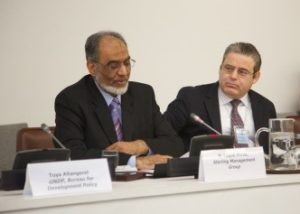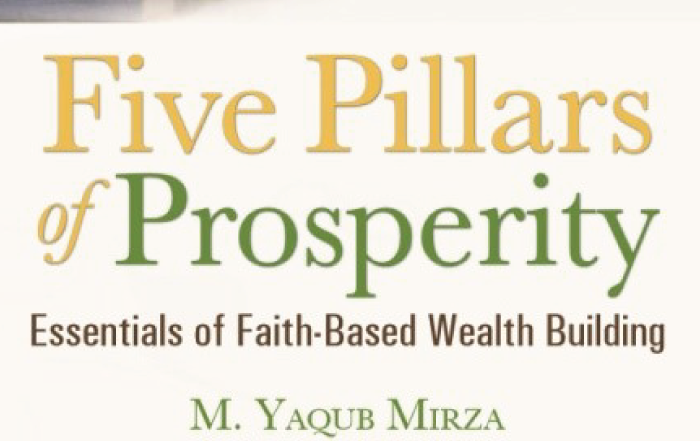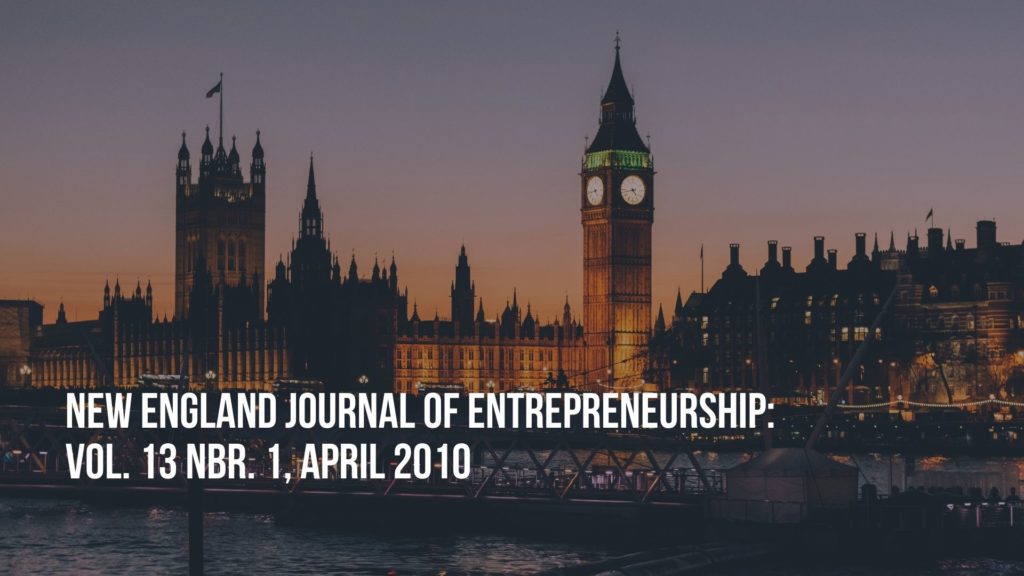
On November 16th, The International Institute of Islamic Thought (IIIT) sponsored a forum at the United Nations bringing together international development leaders and experts to look at the importance of Zakat in advancing the global UN development agenda at a forum titled “Linking Muslim Giving to the MDGs”. The forum was co-hosted at the United Nations by the Organization of Islamic Cooperation (OIC), The World Congress of Muslim Philanthropists, and the UN Millennium Campaign.
“While some countries have made impressive gains in achieving Millennium Development Goals (MDGs), others are falling behind. The Muslim world is no exception. Faith emphasizes building communities, sharing wealth and upholding the rights of the poor and marginalized. Faith-based giving such as Zakat which amounts to billions of dollars needs to be spent in more strategic and effective ways to accelerate development in OIC member countries” stated Ambassador Ufuk Gokcen, the permanent observer of OIC at the United Nations, in his address.
Speakers from UNDP, International Institute of Islamic Thought, Islamic Relief USA, and Kimse Yok Mu shed light on the role of faith based giving in improving lives and shared real examples from around the world of successful partnerships between faith based organizations and development agencies. Ms. Corinne Woods, the director of UN Millennium Campaign, Mr. Anir Dossal, the Chairman of Global Partnerships Forum, and Dr. Imtiaz Khan, the Chairman of Board of Directors of WCMP also addressed the forum.
Dr. M. Yaqub Mirza, representing IIIT, addressed the forum and presented an overview of the significance of zakat in Islam, a presentation that incorporates the years of experience and research by Dr. Mirza and IIIT in applying this key pillar of Islam within the modern global context. “Zakat is a unique pillar in that it requires you go out and touch someone else. We need to be involved in the community and know who is deserving of zakat,” mentioned Dr. Mirza, highlighting the aspect of zakat that relates to “making people self-supporting and able to stand on their own feet.” These practical faith-based practices are exactly what are needed to turn the MDG into a lived reality.
World Zakat Organization (WZO), an OIC affiliate project was also showcased at the forum. The main focus of WZO activity will be eradication of poverty among the poor and needy on permanent basis through developing sustainable projects in the area of food security, human resource development in particular skill training and small and medium enterprises financing programs.
“This event is an effort in this direction. We need to examine the potential of Zakat, tailor out a development strategy in the context of local realities, and identify right regional and international partners” said Dr. Tariq H. Cheema, the CEO of the World Congress of Muslim Philanthropists.


